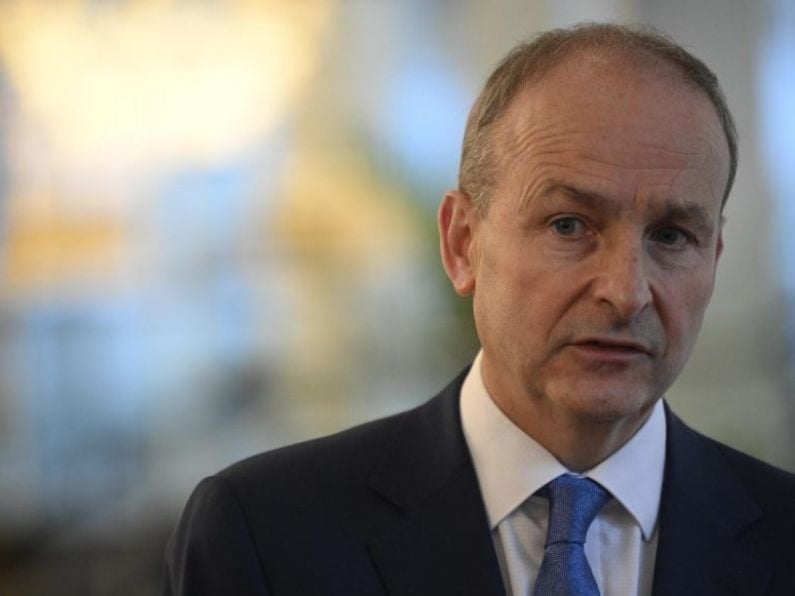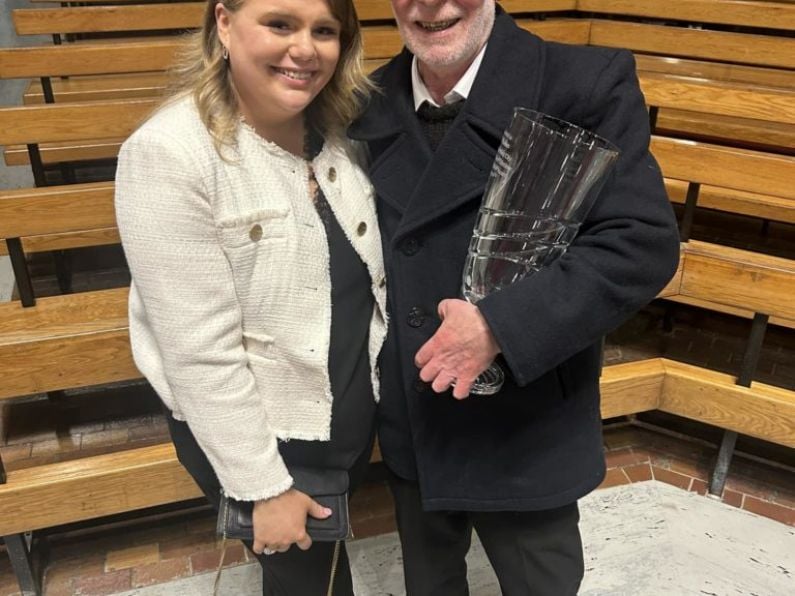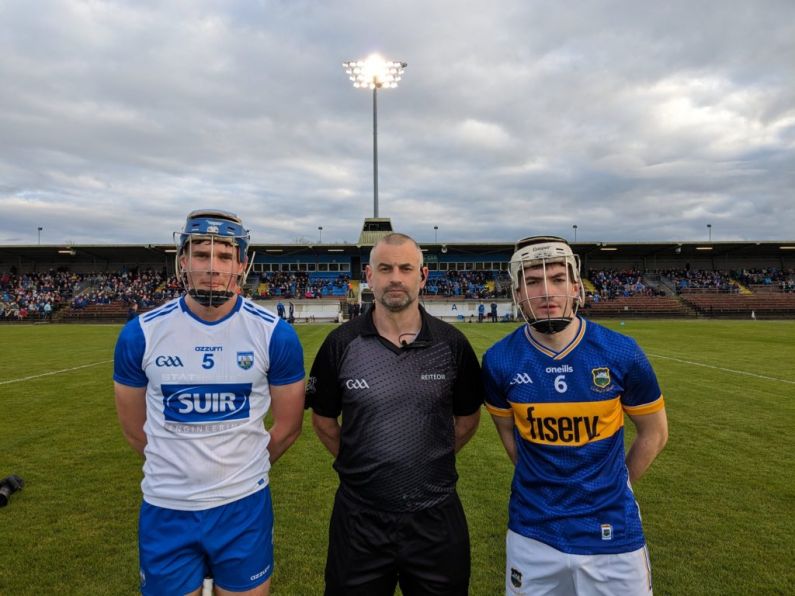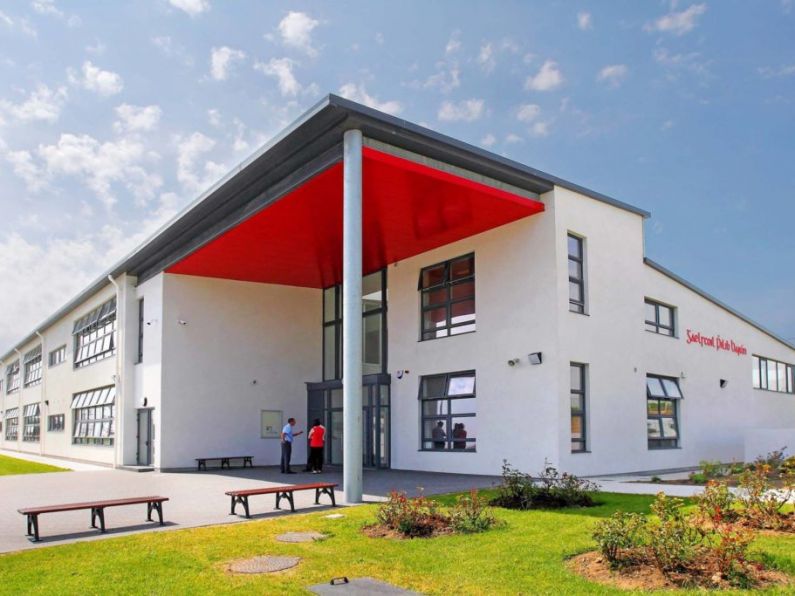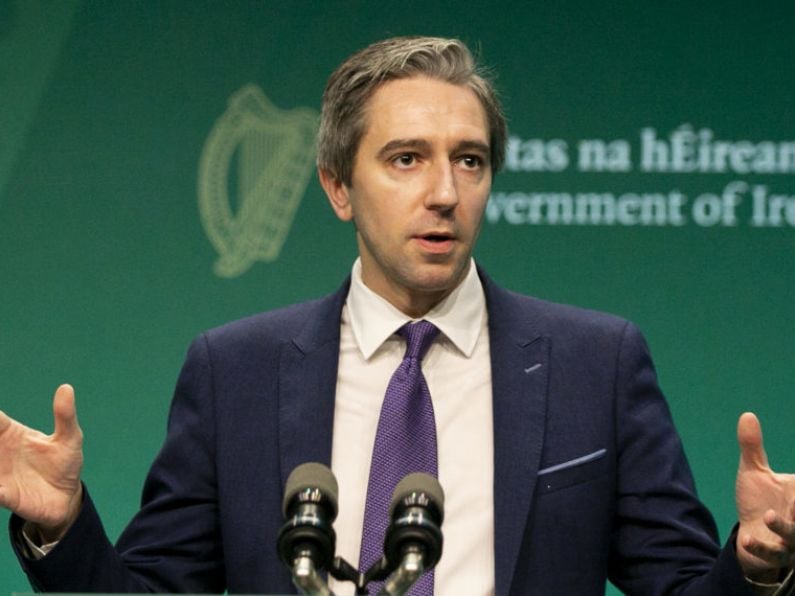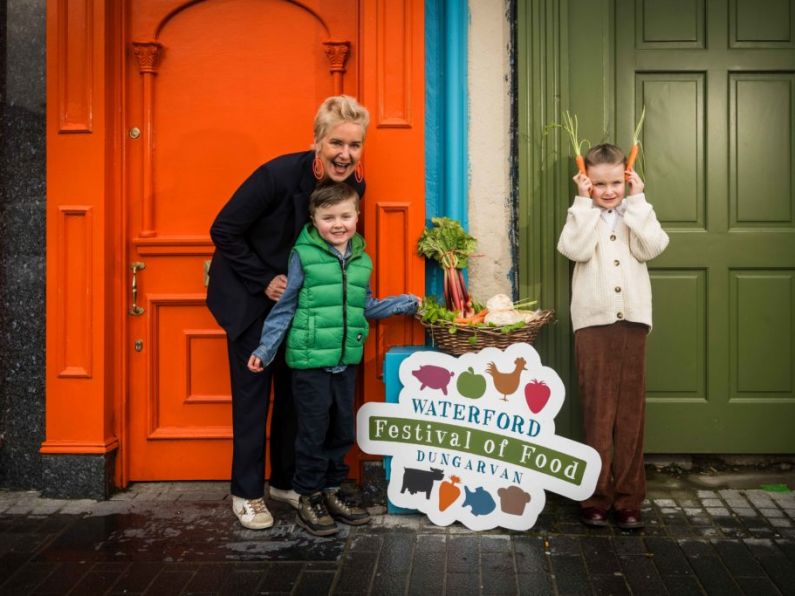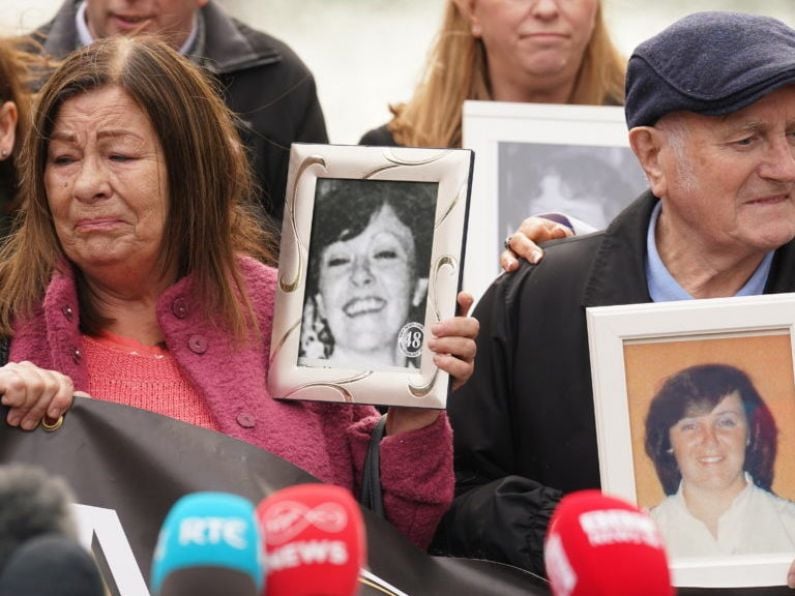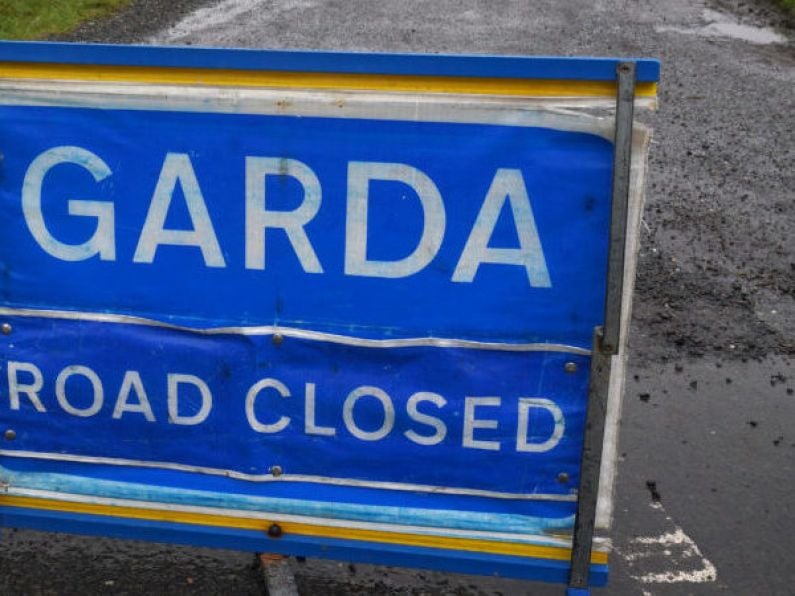Vivienne Clarke
The Taoiseach has said the measures announced in Budget 2022 will bring down the cost of living "in the round" but "everything couldn't be done this year".
Micheál Martin told Newstalk Breakfast that "there's only so much" the Government can do and the Budget “moves to protect people in respect of cost of living increases.”
He was responding to criticism of the budgetary measures, with the cost of petrol and diesel already rising overnight as a hike in carbon tax came into effect.
“This Budget can't do everything, but it certainly moves to protect people in respect of cost of living increases — that's reflected particularly in housing, health and education, childcare and various social welfare increases,” Mr Martin said.
“We've come through a once-in-a-century pandemic, coming out of that is the extraordinary statistic that between this year and next year 400,000 jobs will come back to the Irish economy which reflects the macroeconomics decisions we made which were sensible...
“So, notwithstanding the pandemic, we've a good chance to build our economy and do more next year.”
Affordability
The Taoiseach said that the Budget had focused on the pay of people in the childcare sector and that there was a need to improve conditions for people working in the sector.
“Talks are ongoing with representatives of the workers and providers, that's important and will fundamentally consolidate and stabilise capacity within the childcare sector,” he said.
Mr Martin acknowledged that a freeze in childcare costs was not enough, adding: “Next year we'll have to do more, to improve affordability of childcare.”
The pressing issue for the sector was to provide people with jobs and then to retain them through a much improved pay and conditions environment, he said. “I accept that more needs to be done,” he added.
Tax relief
On the issue of tax relief, Mr Martin said changes in the Budget will give protections to workers, and to younger workers in particular in the €35,000 to €40,000 bracket.
“There will be relief across the board for workers. Again they are modest as there's only so much we can do,” he said.
“There's only so much to go around, the economy is bouncing back, inflation is happening globally, it has impacted Ireland, it would make no sense to reduce the purchasing power of people by overheating the economy with too much allocation.”
Ireland had the second highest minimum wage now in Europe, said Mr Martin, but he accepted it was not the highest in terms of purchasing powers.
The reduction in costs for healthcare would help people on low incomes in terms of access to a free GP card, drug repayments and abolishing charges in paediatric hospitals, he added.
“Could we have done more? There is a judgment call there in terms of overheating the economy — we published last week the National Development Plan — that's €11 billion of a capital injection next year into the economy where the private sector is now motoring in terms of consumer demand so one has to balance the degree to which the State... [is] overdoing it.”
Housing
Mr Martin also defended the Budget's new Zoned Land Tax which he described as “quite radical”.
It was separate from the Vacant Land Levy, he said, and would mean that entire swathes of land were now subject to tax if development did not go ahead.
The objective was not to raise funds, but to put land into use.
“It's quite a massive amount of zoned land that will fall to this measure, in terms of any land that is sold for housing and that's serviceable will be subject to this tax,” he said.
“It will take time, because the entire country has to be mapped — each local authority will have to produce to maps.
“The Revenue Commissioners will be implementing it, and I think it's the real velvet revolution of the housing strategy.”
One cannot have a painless way to dealing with the climate challenge
Regarding increases to the carbon tax, Mr Martin said there was “no easy way” to do this.
"One cannot have a painless way to dealing with the climate challenge. It is destroying our planet, we owe it to the young people and our children, that we do everything we possibly can to deal with this crisis,” he said.
"It's an existential crisis — and all the international research and evidence is that carbon taxes do work as a disincentive towards fossil fuels."

